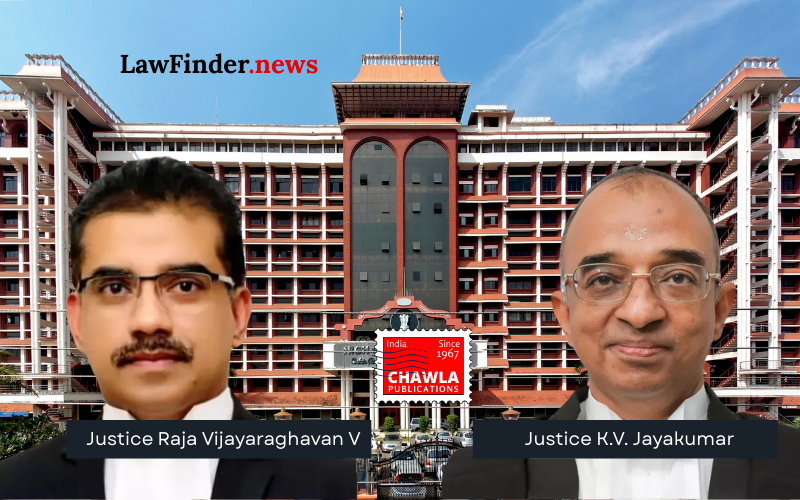Conviction Confirmed for Unlawful Assembly and Murder Under IPC Sections 302 and 149
In a significant judgment, the Kerala High Court has upheld the life imprisonment sentences of six individuals convicted in the murder case of Abhilash, a CPI(M) activist. The division bench, comprising Justices Raja Vijayaraghavan V and K.V. Jayakumar, delivered the verdict on September 18, 2025, affirming the convictions under Sections 302 and 149 of the Indian Penal Code (IPC) for murder and unlawful assembly, respectively.
The case dates back to May 19, 2005, when the accused, armed with swords and iron rods, ambushed and fatally attacked Abhilash, who was riding a motorcycle with his fiancée, Gilda Mendez, as the pillion. The attack was allegedly motivated by prior animosity, as Abhilash had reportedly attempted to murder one of the accused, Krishnakumar @ Munambam Krishnan, previously.
The prosecution's case was primarily based on the eyewitness testimonies of Misha K.D. (PW1) and Gilda Mendez (PW2), who witnessed the gruesome attack. The defense's contention that the testimonies were inconsistent and unreliable was rejected by the court. The bench, in its detailed evaluation, stated that minor discrepancies in the eyewitness accounts did not undermine the core of the prosecution's case.
The defense also argued the lack of motive and alleged political bias, as the accused were BJP workers and the deceased was affiliated with CPI(M). However, the court found the evidence sufficient to prove the unlawful assembly and the common object shared by the accused to commit the murder.
The High Court relied on various Supreme Court judgments, reiterating the principle of vicarious liability under Section 149 IPC, which holds every member of an unlawful assembly guilty of the offense committed in pursuit of the common object, regardless of individual participation in the act.
The court dismissed the appeals filed by the accused, confirming the Additional District and Sessions Court's 2019 judgment. The High Court's decision reinforces the legal principle that the presence of individuals as part of an unlawful assembly with a shared common object is enough for conviction under Section 149 IPC, even if specific overt acts are not attributed to each member.
Bottom Line:
Conviction under Section 302 IPC read with Section 149 IPC upheld based on eyewitness testimony, medical evidence, and the principle of vicarious liability under Section 149 IPC.
Statutory provision(s): Indian Penal Code, 1860 - Sections 302, 143, 147, 148, 341, 149; Criminal Procedure Code, 1973 - Section 313; Evidence Act, 1872.
Kumar K.P. v. State of Kerala, (Kerala)(DB) : Law Finder Doc id # 2781018




